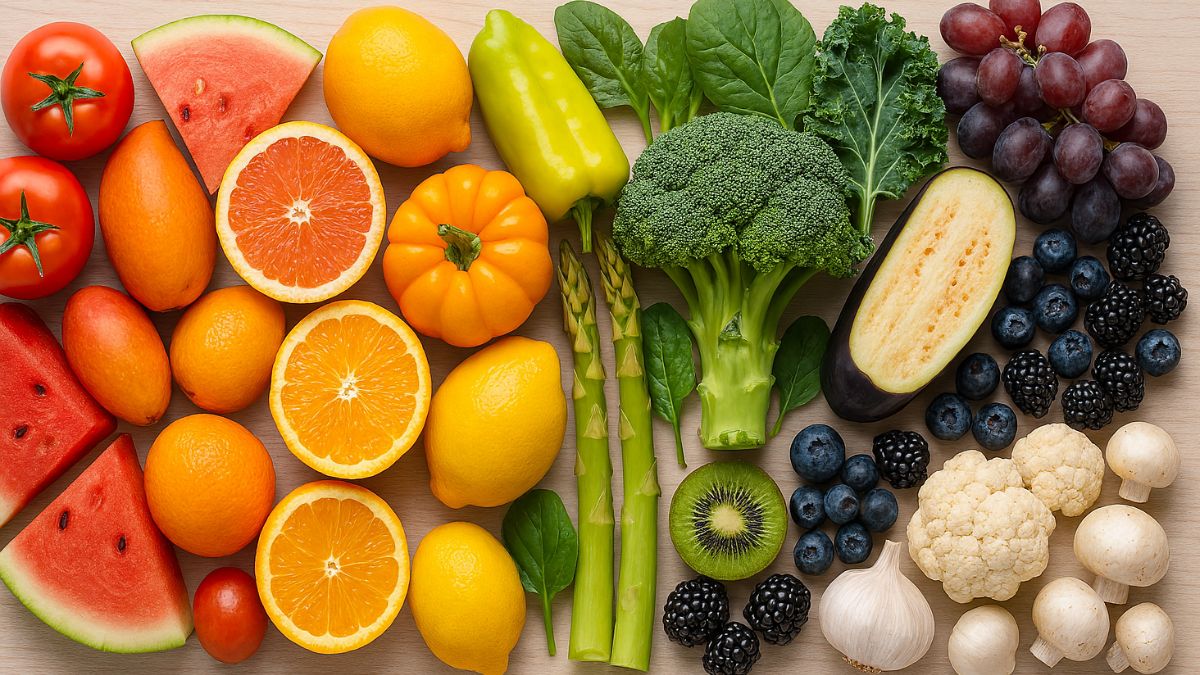McDonald's Corp. plans to buy all of its coffee from sustainable sources by 2020, the latest salvo in a restaurant-industry battle for consumers who are increasingly concerned about the origins of their food.The world's largest restaurant company is partnering with Conservation International, joining the environmental group's challenge to transform the coffee industry, which has recently been threatened by climate change and fungal disease. Last year, just 37 percent of McDonald's coffee was purchased from certified sustainable sources.Switching its coffee sourcing is part of the burger giant's attempt to spruce up its menu with better ingredients. McDonald's is shifting to cage-free eggs and removing artificial preservatives from its Chicken McNuggets -- changes announced since Chief Executive Officer Steve Easterbrook took over in March 2015.
"Our customers want to see where are products come from, what's in it and how it's made," said Townsend Bailey, head of supply-chain sustainability for Oak Brook, Illinois-based McDonald's.The move is also crucial from a supply-chain standpoint, he said. "We want to make sure that we have sufficient supply of high-quality coffee for the long run," Bailey said. "With changing dynamics in coffee with climate change, it's really an important topic to make sure we are engaging farmers and helping them."Conservation International, which also has helped Starbucks Corp. develop sustainable sourcing practices, is working to improve the conservation of soil and water, and ensuring that farmers are paid appropriately. Starbucks says that about 99 percent of its coffee was ethically sourced last year.
McDonald's won't say how much it's investing to make its coffee more sustainable, but it has spent about $6.7 million helping train Guatemalan farmers about difficult weather conditions and coffee-rust disease."It is something that we are investing a lot in," Bailey said. "It's not cheap to have engagement at this scale." For its more than 14,000 U.S. restaurants, McDonald's buys arabica coffee from Colombia, Costa Rica, Nicaragua, Brazil, Peru and El Salvador. The company's espresso blend also contains beans from Indonesia. The restaurant operator purchases some robusta beans for coffee sold abroad, depending on local tastes."Having a major brand like McDonald's taking a very visible step will definitely drive restaurants and brands of retail names to join in the sustainable coffee challenge," said Peter Seligmann, CEO of Conservation International. "We see this as an important, catalytic event."(c) 2016, Bloomberg
(This story has not been edited by NDTV staff and is auto-generated from a syndicated feed.)
"Our customers want to see where are products come from, what's in it and how it's made," said Townsend Bailey, head of supply-chain sustainability for Oak Brook, Illinois-based McDonald's.The move is also crucial from a supply-chain standpoint, he said. "We want to make sure that we have sufficient supply of high-quality coffee for the long run," Bailey said. "With changing dynamics in coffee with climate change, it's really an important topic to make sure we are engaging farmers and helping them."Conservation International, which also has helped Starbucks Corp. develop sustainable sourcing practices, is working to improve the conservation of soil and water, and ensuring that farmers are paid appropriately. Starbucks says that about 99 percent of its coffee was ethically sourced last year.
McDonald's won't say how much it's investing to make its coffee more sustainable, but it has spent about $6.7 million helping train Guatemalan farmers about difficult weather conditions and coffee-rust disease."It is something that we are investing a lot in," Bailey said. "It's not cheap to have engagement at this scale." For its more than 14,000 U.S. restaurants, McDonald's buys arabica coffee from Colombia, Costa Rica, Nicaragua, Brazil, Peru and El Salvador. The company's espresso blend also contains beans from Indonesia. The restaurant operator purchases some robusta beans for coffee sold abroad, depending on local tastes."Having a major brand like McDonald's taking a very visible step will definitely drive restaurants and brands of retail names to join in the sustainable coffee challenge," said Peter Seligmann, CEO of Conservation International. "We see this as an important, catalytic event."(c) 2016, Bloomberg
(This story has not been edited by NDTV staff and is auto-generated from a syndicated feed.)
Advertisement






